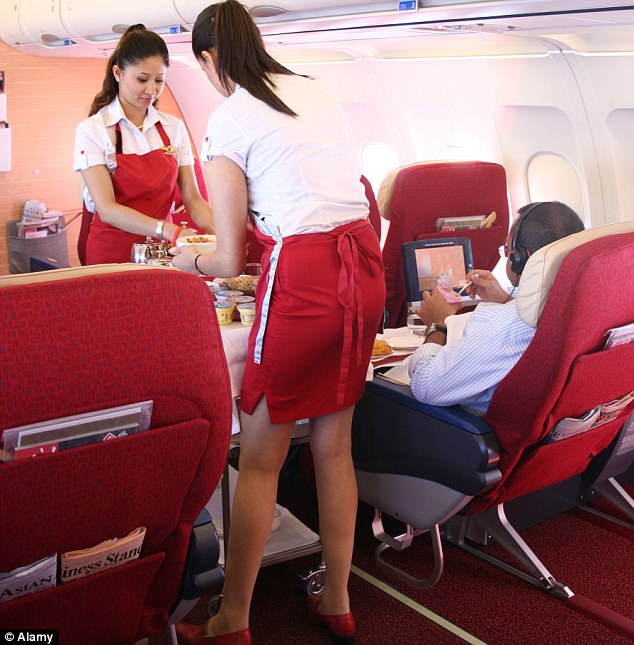 Telecom Regulatory Authority of India (TRAI) has submitted its recommendations on In-Flight Connectivity (IFC) that will allow operators to offer mobile and Internet services on flights.
Telecom Regulatory Authority of India (TRAI) has submitted its recommendations on In-Flight Connectivity (IFC) that will allow operators to offer mobile and Internet services on flights.
The latest recommendation is in line with the strategy of Indian telecom operators to meet the demand of airline travellers.
Inmarsat’s In-flight Connectivity Survey 2016 said 83 percent of passengers would prefer to fly with an airline offering inflight connectivity and 55 percent of all in-flight connectivity users have connected more than one device to in-flight Wi-Fi.
Over 30 airlines allow mobile phone use on aircraft including: AirAsia, Air France, British Airways, Egypt Air, Emirates, Air New Zealand, Malaysia Airlines, Qatar Airways and Virgin Atlantic.
TRAI said the AES/ESIM should be in conformance with the standards set by International standardization bodies, such as, ITU, ETSI, etc.; or set by International fora such as 3GPP, 3GPP-2 etc. as recognized by TEC.
IFC communication systems using Direct-Air-to-Ground Communications (DA2GC) should also be permitted.
In line with EU regulations, the minimum height restriction of 3000 meters can be retained for the compatibility of mobile services with terrestrial mobile networks in Indian airspace. There should be flexibility in terms of use of technology and frequencies for mobile services. After switching to flight mode inside the flight, travellers cannot use the terrestrial network for connectivity. Operators can offer Internet Services through Wi-Fi from this point onward.
TRAI believes that India needs a separate category of IFC Service Provider to offer IFC services in Indian airspace for airlines registered in India.
IFC service providers need to tie up with a Unified Licensee to provide Internet onboard. IFC service providers should be permitted to provide mobile services in partnership with a foreign mobile service provider and partner with an Indian Unified Licensee for Internet services in India. IFC service providers need to register with the DoT.
IFC service providers cannot on its own provide internet services onboard but will have to enter into commercial agreements with Unified Licensee for the provision of Inflight internet access. The revenue earned by Unified Licensee will be added to its Adjusted Gross Revenue (AGR) which is subjected to the Licence Fee and SUC.
IFC service provider may be imposed a flat annual Licence Fee of some token amount, say Rs 1.
There should not be any difference in the charges to be levied for domestic and foreign airlines in Indian Airspace.
TRAI said spectrum neutral approach should be adopted in satellite backhaul. It would facilitate the IFC services in all the bands (L, Ku and Ka) in which IFC services are currently being provided.
Satellite operators should be permitted to use of bandwidth assigned to satellite operators for the use of IFC services also. In case of multiple spot beam satellite, an aircraft may pass through many beams. In such a scenario, DOS should consider not charging for individual beams but evolve the charging mechanism based upon the actual usage of the bandwidth.





